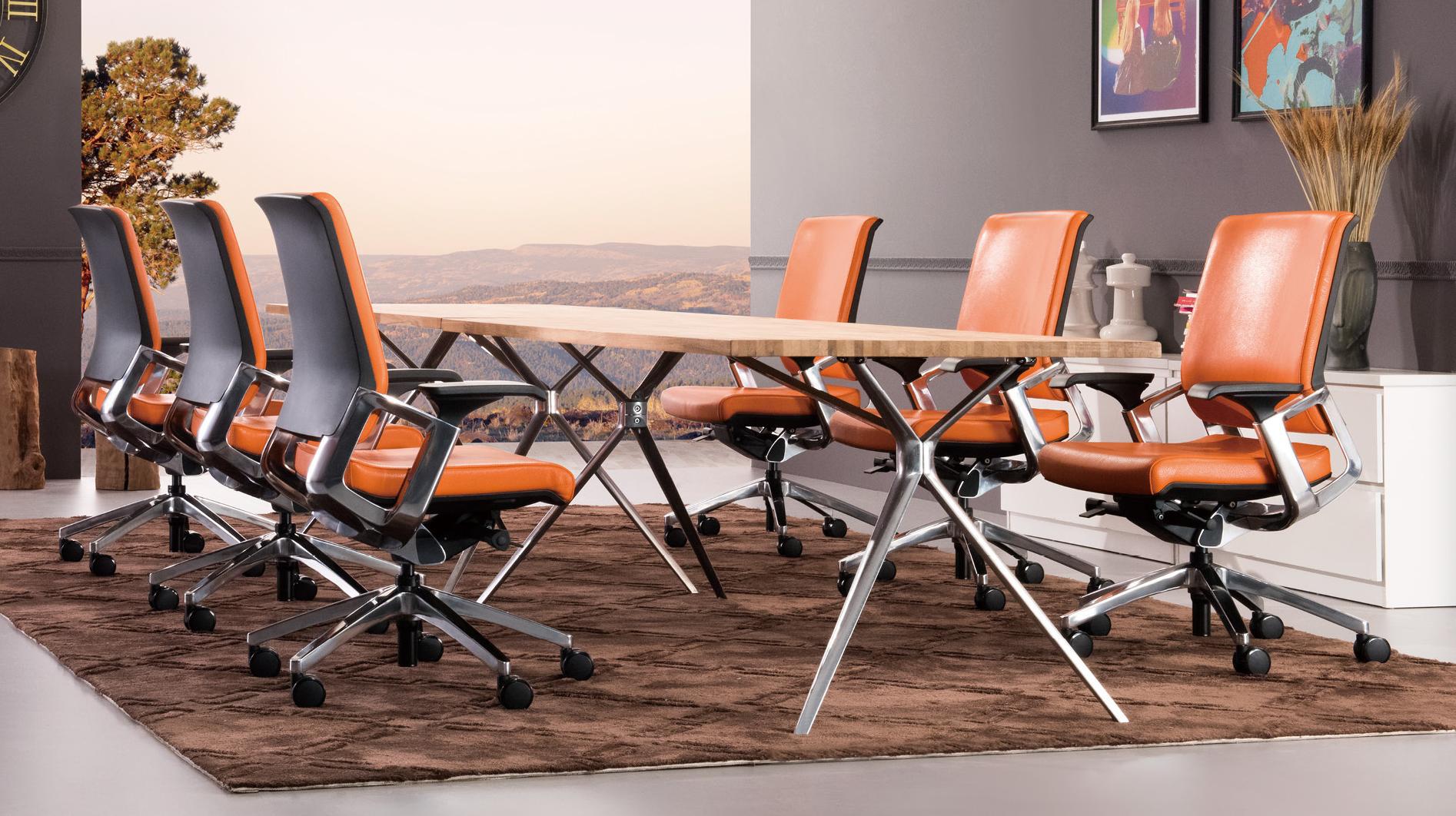
Office Chairs: Comfort and Productivity
Office chairs play a crucial role in enhancing the comfort and productivity of employees in the workplace. Since people spend a significant portion of their workday sitting at a desk, making the right choice of chair can have an impact on the health and mood of the workers. In this article, we will explore various types of office chairs and their features to help you make the right choice.
Why is a good office chair important?
A high-quality office chair offers several advantages that contribute to increased productivity and well-being among employees:
- Ergonomics: The primary principle of an office chair is to provide support to the natural curvature of the spine and promote proper posture. Ergonomic chairs reduce the risk of developing back, neck, and shoulder pain, as well as fatigue.
- Productivity: A comfortable workspace enhances concentration and work efficiency. Employees who feel comfortable are more focused on their tasks and demonstrate higher productivity.
- Health: Well-designed chairs help reduce the risk of health issues such as carpal tunnel syndrome or back pain. They also help mitigate the long-term consequences of a sedentary lifestyle.
There are several types of office chairs, each with its own features and purposes:
- Office chairs: These chairs are the basic model for office employees. They typically have adjustable seat height, backrest, and armrests. Task chairs are ideal for long hours of work at a computer.
- Computer chairs: Similar to task chairs, but with additional features such as adjustable backrest angle, lumbar support cushions, and the ability to tilt. These are extra options to enhance comfort.
- Executive chairs: Usually used by managers or executives. They often have a more stylish design, high backrest, and wide armrests. These chairs give a professional look to the workspace.
- Waiting room chairs: Designed for waiting areas and meetings with guests or clients. They are usually compact and comfortable, but may not have all the features present in task chairs.
- Briefing Chairs/Conference chairs: Suitable for use in meeting rooms or during negotiations. They often have a comfortable cushion, but may not have all the features of task chairs.
When choosing an office chair, it is important to consider the following factors:
Ergonomics: Pay special attention to the ergonomic features of the chair, such as adjustable height, lumbar support cushions, and armrests.
Quality of materials: Look for a chair with high-quality upholstery and a sturdy frame that will serve you well over time.
Size and proportions: Make sure the chair fits your height and weight, and its size allows you to sit comfortably at your desk.
Mobility: If you frequently need to move around the office, choose a chair with wheels for convenience and ease of movement.
Office chairs play a crucial role in maintaining the health and productivity of employees. A properly selected and ergonomic chair can help reduce the risk of health issues.